Top technology taking over the wedding and events sector
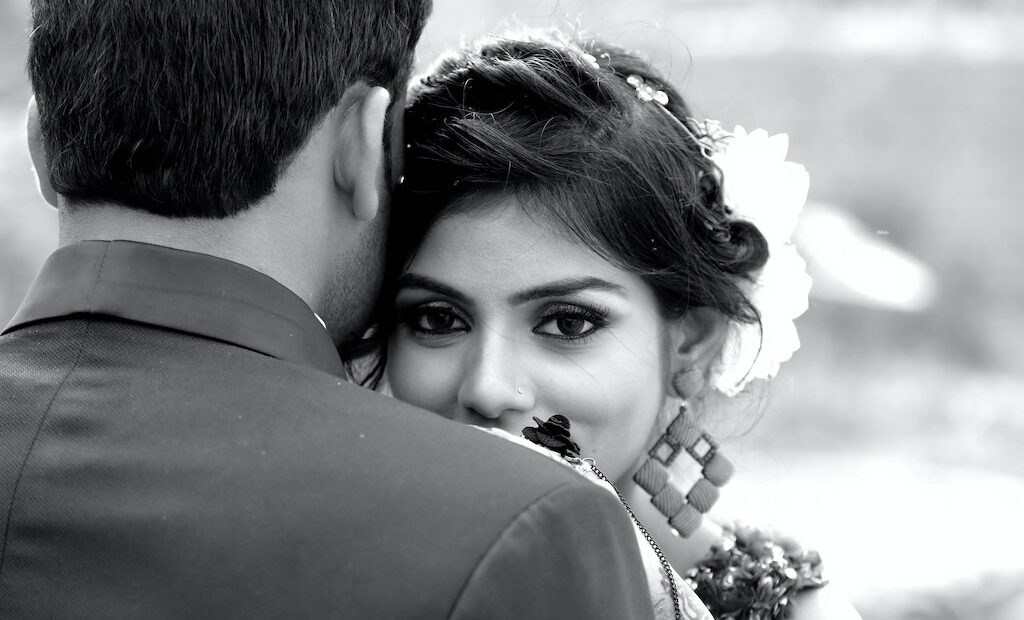
The wedding planning and events industry has come a long way over the past decade, with around 93% of event marketers planning to invest in virtual events in the future. Of course, live-streamed events are just one way to make the most of technology. New advances have meant that in the post-Covid world, where face-to-face gatherings are once again the norm, technology is playing a bigger role than ever in everything from organisation to customer service. Below are just a few top innovations to look out for at the next event.
Virtual reality
Virtual forums not only boost engagement but also mark enterprises as standard-bearers in their respective industries. A case in point is the use of virtual reality headsets (such as the Facebook Oculus) to attract important clients and investors. Savvy companies are sending these sets to participants, creating 3D avatars for them and offering them an immersive experience that keeps attendees fully “in the moment”. VR sets can also be used in real-life events, with audiences enjoying an immersive experience instead of watching video screens or reading brochures.
Robotic servers
Organising events like weddings is a big challenge, with planners often having to wrestle with various conflicting demands, including entertainment, lighting, décor and staff. Couples often want their big day to stand out and be memorable for themselves and for the family and friends who attend their ceremony and reception. For tech-loving couples, having a robotic server is a fantastic way to add a spark of innovation to this unforgettable day. Robotic servers undertake a wide array of activities, including picking up plates, bringing dishes from the kitchen to serving staff, and taking cocktail orders. Robots that move around scan their surrounding environment so they can safely avoid obstacles, move safely and navigate accurately.
Light projections on desserts
Imagine a five-tier wedding cake bearing gorgeous light displays containing custom 3D animations, handwritten messages, symbols and even images of the couple. It’s already happening thanks to a group of savvy cake designers that have taken a cue in terms of light projection from consolidated companies like Disney. Projection-mapped cakes are also causing a big stir in events as a whole since they can feature logos and branding, or be part of a personalised advertising campaign.
Digital photo booths
It’s a lot of fun to have those attending an event step into a digital photo booth, where they can take branded photos, create GIFs and boomerangs, or record short videos giving their opinions about the event. The material they create can make a great starting point for future promotional materials and they can also give key insights into the most (and least) popular features of the event. Some event organisers are working alongside digital booth companies so that attendees can capture event-themed selfies and share them with others on social media prior to the event.
Digital invitations
Digital wedding and event invitations are not the same as e-cards or email invitations. Instead, they are made using specific software that allows organisers or couples to design their own personal invite, choosing from a myriad of templates. That is, they can add all the details they wish (including photographs, quotes from songs or poems, and messages. They can additionally select from a host of fonts, backgrounds and colour combinations. Some couples are turning their invites into a story, letting others know how they met, the things they have in common, or what they most love about each other. Digital invitations can also be humorous, adding entertainment value to what otherwise would just be a card indicating a date and an address. Couples who are musically inclined can add “their song” to their invitation or include an original track they recorded for the event. Digital invitations have one final strong point: they are sustainable, enabling couples to avoid the environmental and monetary costs of paper invitations.
Technology is taking events and business events to the next level, adding entertainment value and/or helping make special days more budget-friendly and practical. Virtual reality is one of the top choices for groundbreaking events, though smaller touches such as cakes bearing light projections are also adding a little magic to professional and personal gatherings. Digital photo booths, meanwhile, are an excellent way to obtain feedback and gather lively marketing material. Finally, digital invitations are enabling organisers to achieve two main goals: greater personalisation and eco-friendliness.
The editorial unit

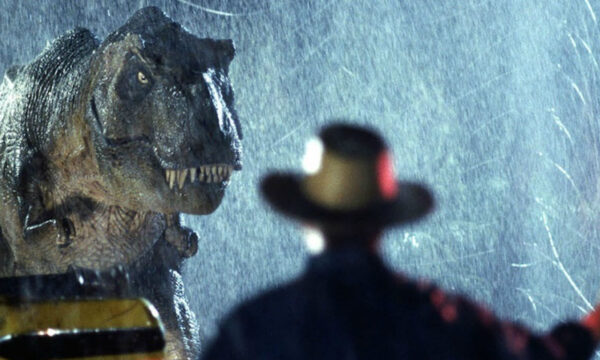
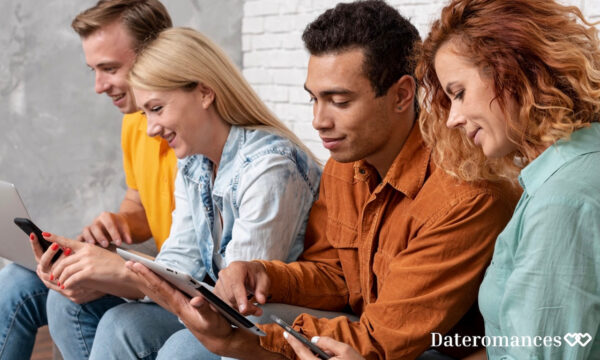

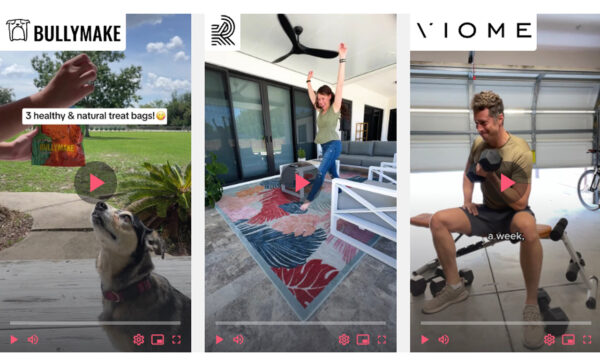

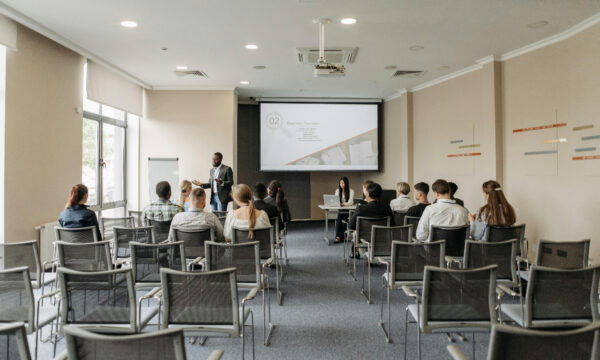
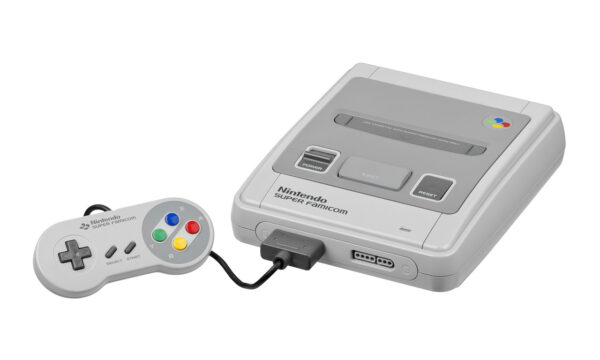
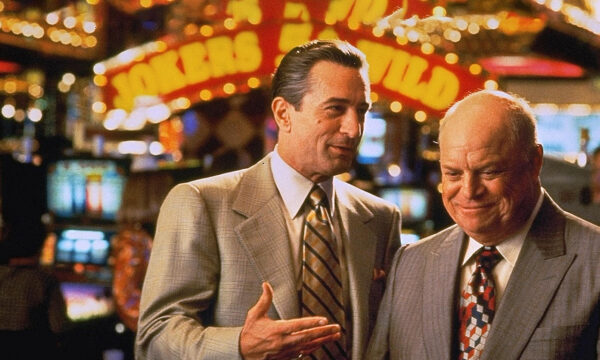
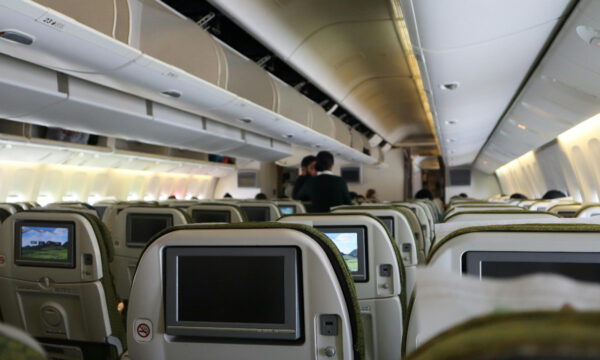













Facebook
Twitter
Instagram
YouTube
RSS